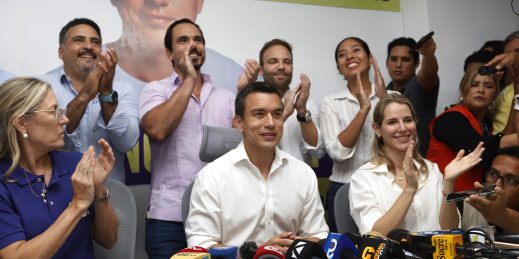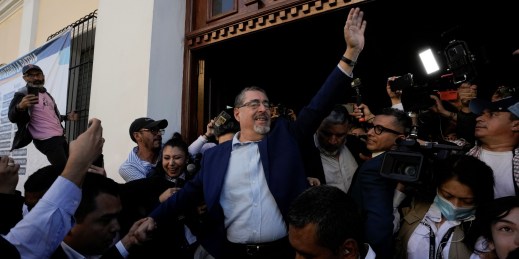South America Archive
Free Newsletter
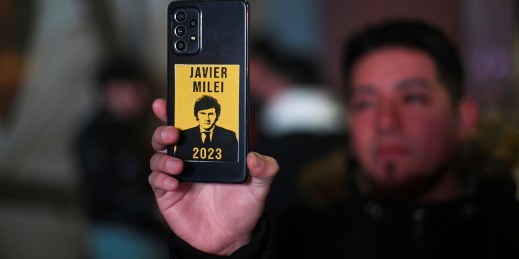
Many observers have attributed the victory of Javier Milei, a libertarian economist who rails against the “political caste” and promises to drastically reduce the size of the state, in Argentina’s presidential primaries to anger and anti-establishment sentiment. That is not only a mistake, but also an underestimation of Argentine voters.
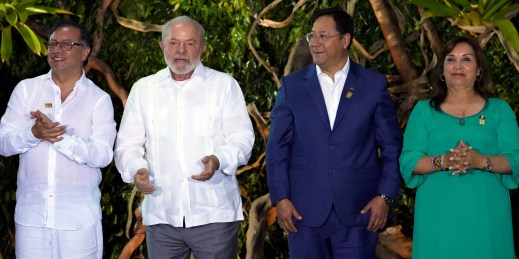
Reducing deforestation in the Amazon is good policy, but as last week’s summit bringing together leaders of the Amazonian countries demonstrated, it can make for difficult politics. Instead of arriving at regional solutions, the summit exposed divisions in South America on a topic that is high on the global environmental agenda.
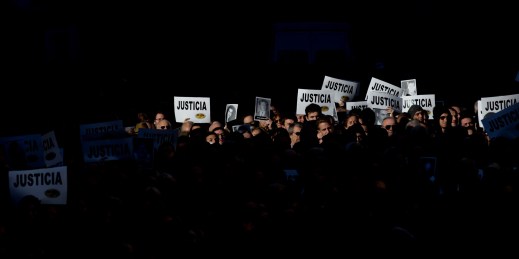
A defense agreement signed by Iran and Bolivia in late July, the details of which remain obscure, constitute yet another step in Tehran’s effort to cement ties with leftist governments in Latin America. The campaign to build those relations is not new, but it appears to have gained new momentum in recent months.

